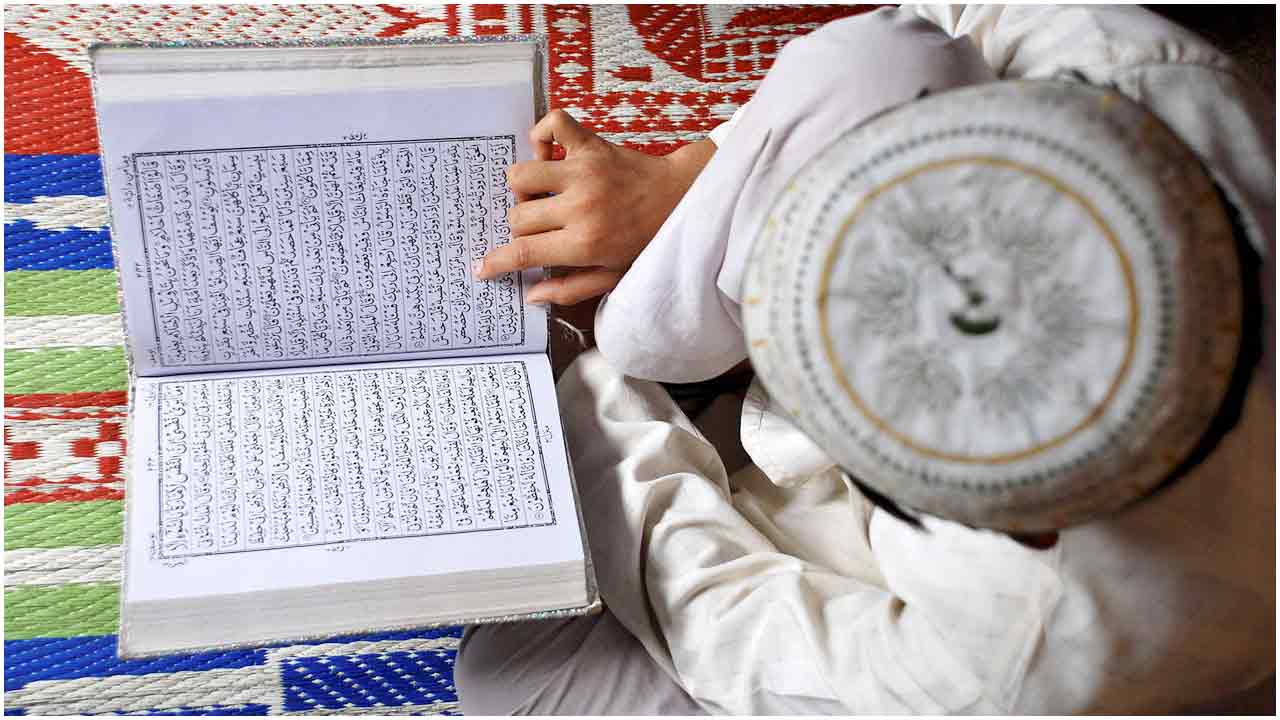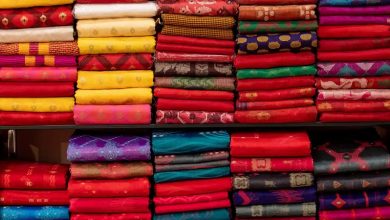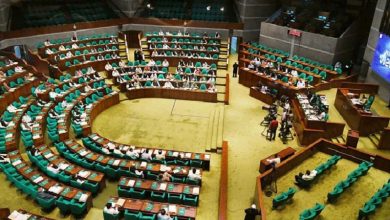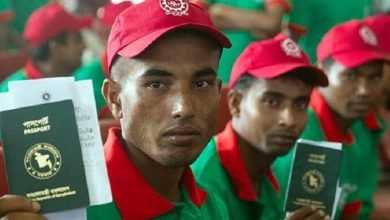
A month before national elections, an Indian court has issued an order banning madrassa education in the country’s most populous state of Uttar Pradesh. The state’s Allahabad High Court on Friday issued the order against madrassa education. According to the British news agency Reuters, this verdict may create a distance between the country’s Muslims and the Hindu-nationalist government led by Prime Minister Narendra Modi in the next election.
The Allahabad High Court on Friday struck down a 2004 law passed on running madrassas in Uttar Pradesh. According to the judgment, this Act is contrary to the principle of secularism of the Constitution of India. The court ordered the Madrasah students to return to the conventional school system.
Iftikhar Ahmed Javed, head of Madrasa Education Board of the state, said that the order of the Allahabad High Court will have a negative impact on the lives of 2.7 lakh students and 10,000 teachers of 25,000 madrasas in the state. 24 crore people live in this most populous state of India. About one-fifth of them are Muslims.
Allahabad High Court judge Anshuman Singh Rathore’s plea seeking ban on madrasa education was passed by the judge of the court on Friday. Two judges of the court, Subhash Vidyarthi and Vivek Chowdhury, wrote in the judgment that the state government should also ensure that no child between the ages of 6 and 14 is excluded from getting admission in a duly recognized educational institution.
It is not known whether lawyer Anshuman Singh Rathore is associated with any political party in the country. In addition, British news agency Reuters said that he could not be contacted for comment on this matter.
National elections will be held in India in several phases from next April to June. Prime Minister Narendra Modi’s Bharatiya Janata Party (BJP) is expected to win again with a huge majority. Muslims and social workers in the country have alleged that some members of this political party and their affiliates have been making anti-Islamic speeches, cracking down on cow vigilantes and vandalizing Muslim homes and other properties ahead of the elections.
However, Indian Prime Minister Narendra Modi has denied allegations of religious discrimination in the country. The BJP has said the government is correcting various historical wrongs, including recently inaugurating a Hindu temple on the site of a 16th-century mosque that was demolished in 1992.
Many Hindus in the country believe that the historic Babri Masjid in Uttar Pradesh’s Ayodhya was the birthplace of their god Rama. During the Mughal emperor Babur’s reign, a temple at the birthplace of Rama was demolished and the mosque was built on the site.
Rakesh Tripathi, spokesperson of BJP’s Uttar Pradesh wing, said they are not against madrasa education. But they are concerned about the education system for Muslim students. He said, “We are not against any madrasa. We are against discriminatory practices. We are against illegal financing. The government will take a further decision in this regard after the court orders.”
Reuters reported that Indian Prime Minister Narendra Modi’s office was contacted by email for comment on the court’s ruling, but there was no immediate response.




